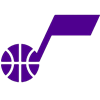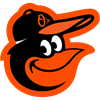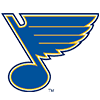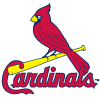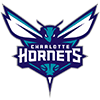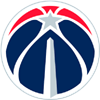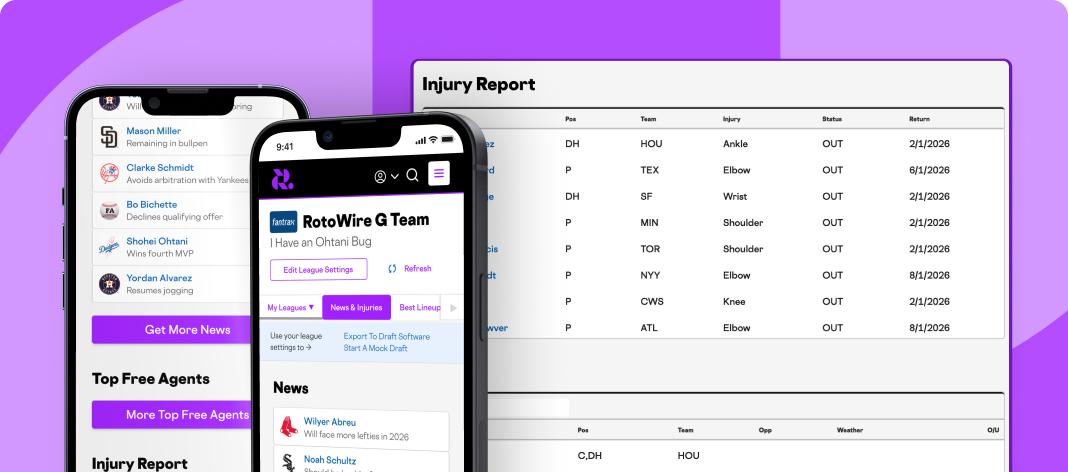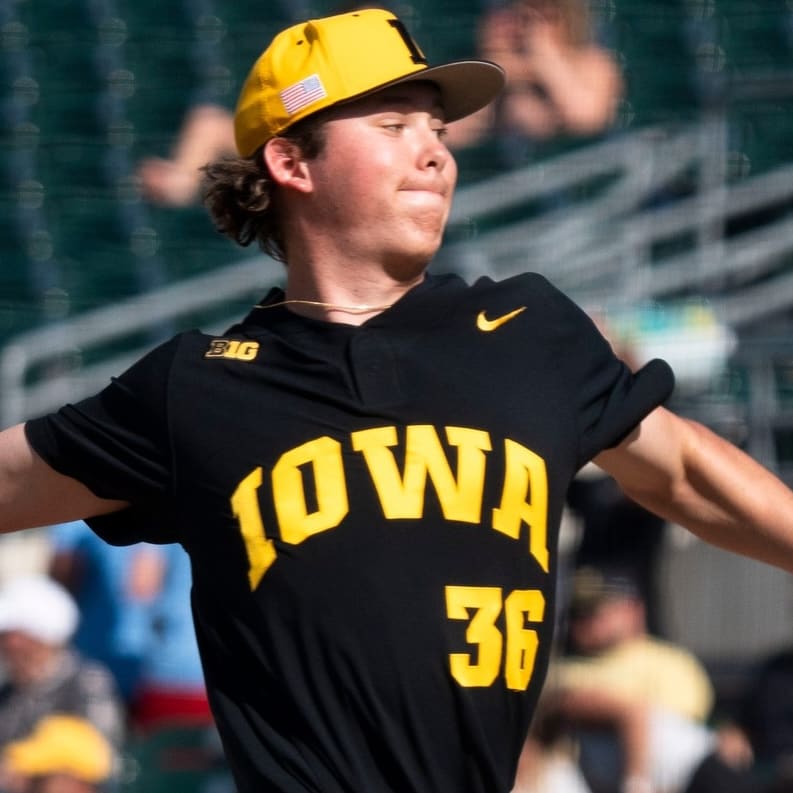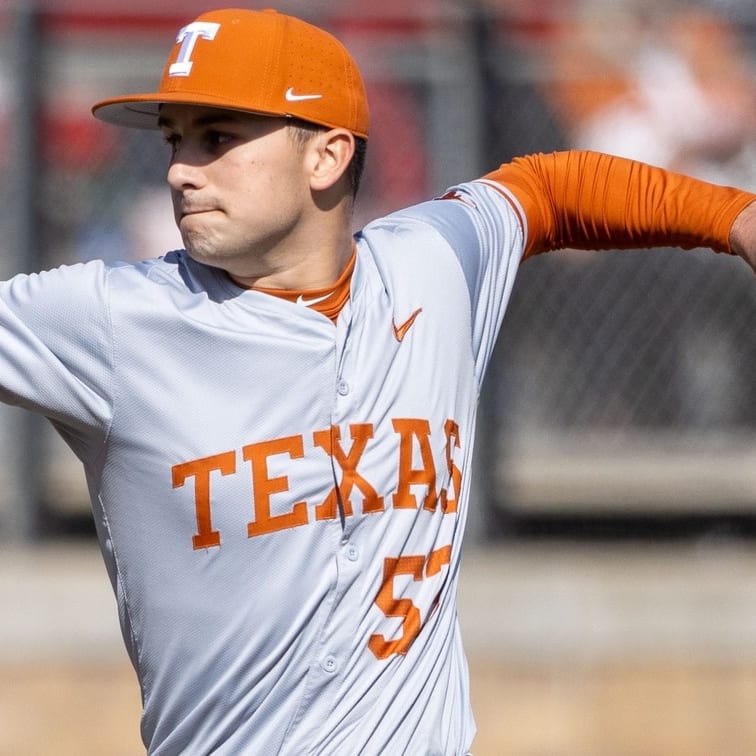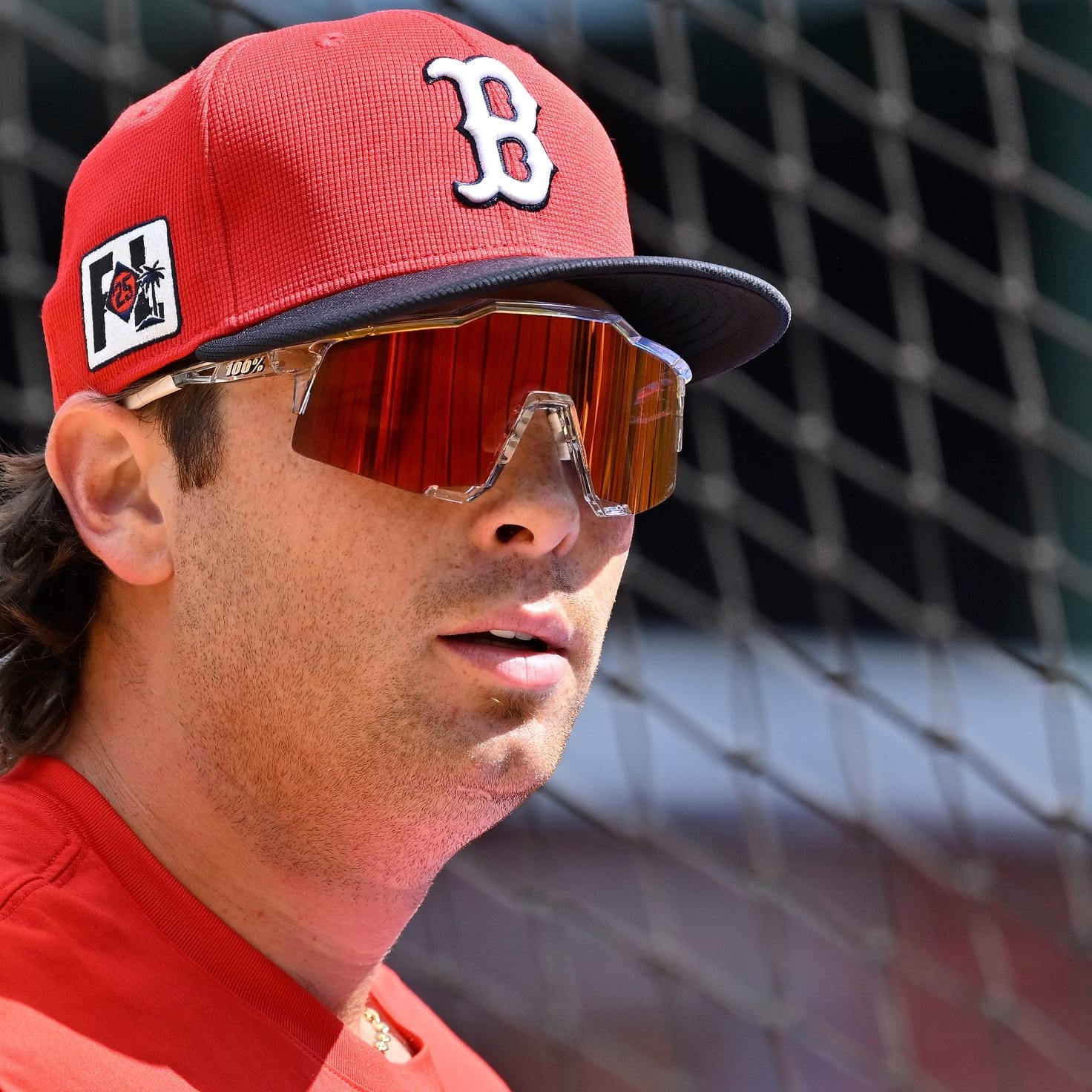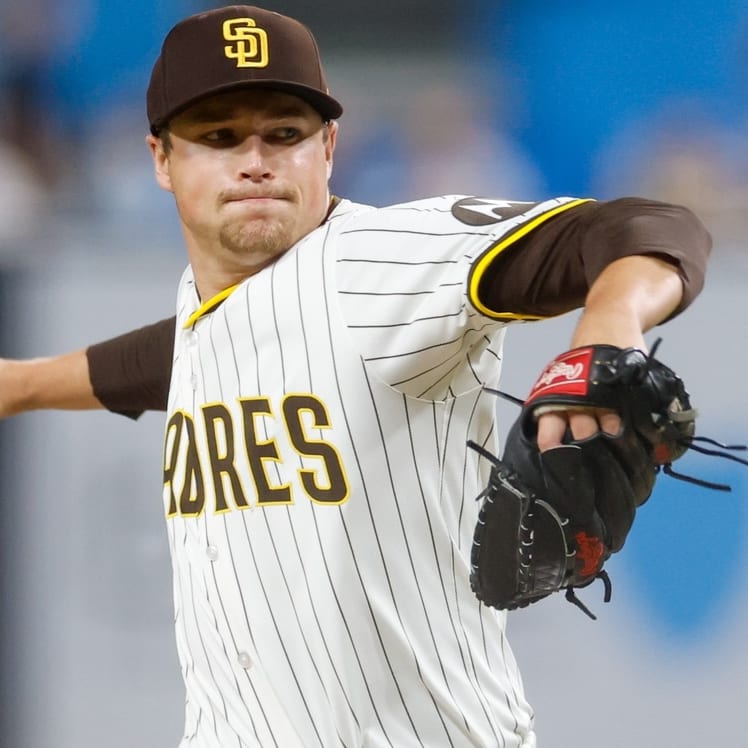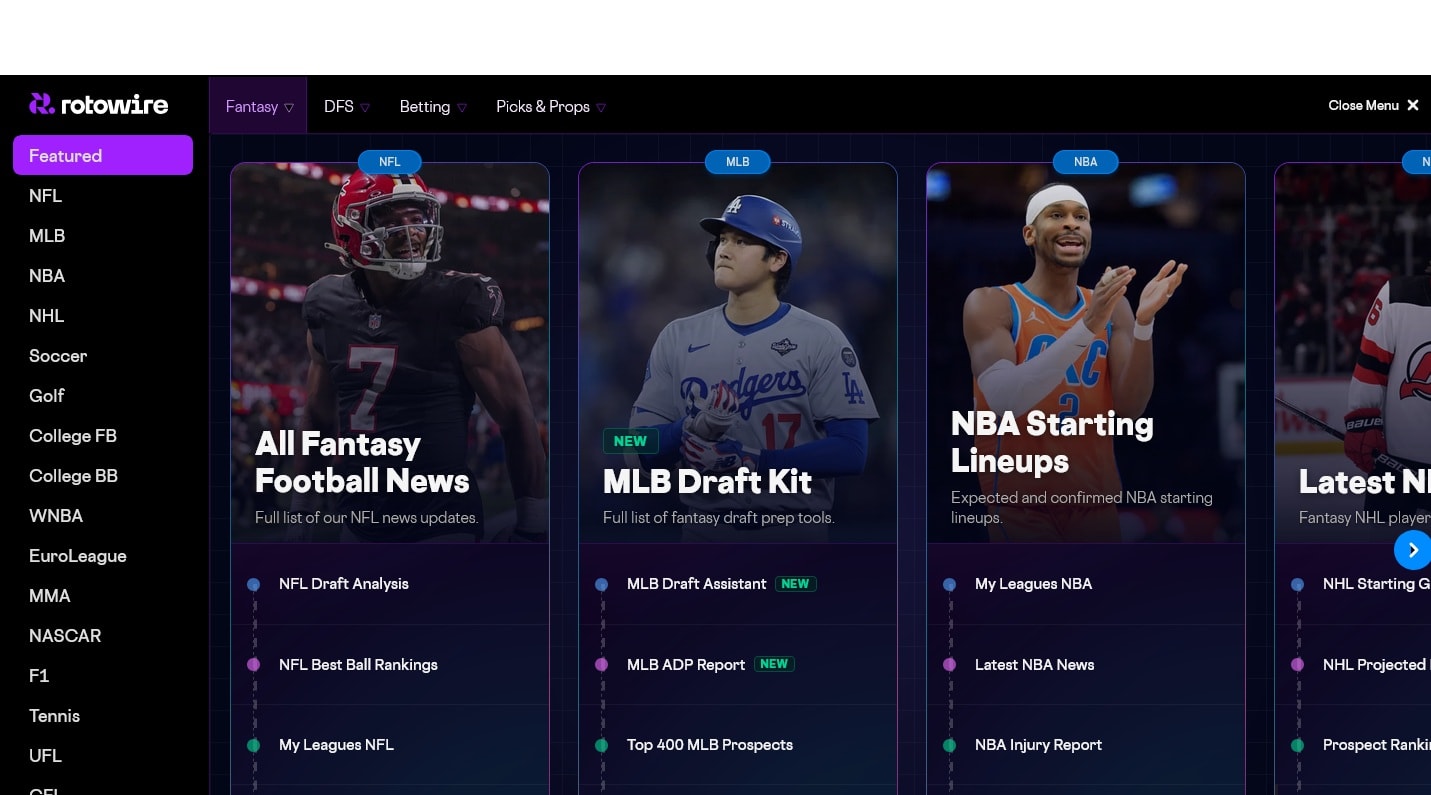Last time, we discussed four pitchers showing early skills changes. This week, we'll cover a handful of hitters flashing early skill changes, particularly in their power or plate-discipline metrics. It can't be emphasized enough that it's still early, but we'll examine chase and contact rates as well as exit velocity data from the small samples available to us. Let's look at whether these early hitter skill changes appear sustainable or not.
Josh Lowe Showing Improved Contact
Let's start with one of the hotter hitters in the league in Lowe, whose power and speed give him plenty of fantasy potential. Lowe has made more contact in the zone (87.5 percent) and overall (80.6 percent) this year, over 10 percentage points higher than in 2022. Though he's chasing a bit more (34.6 percent), Lowe's aggressive approach aligns with his pull-heavy (45.7 percent) and flyball-heavy (48.6 percent) batted-ball profile much better than it did with his 29.3 percent pull rate and 39.1 percent flyball rate in 2022.
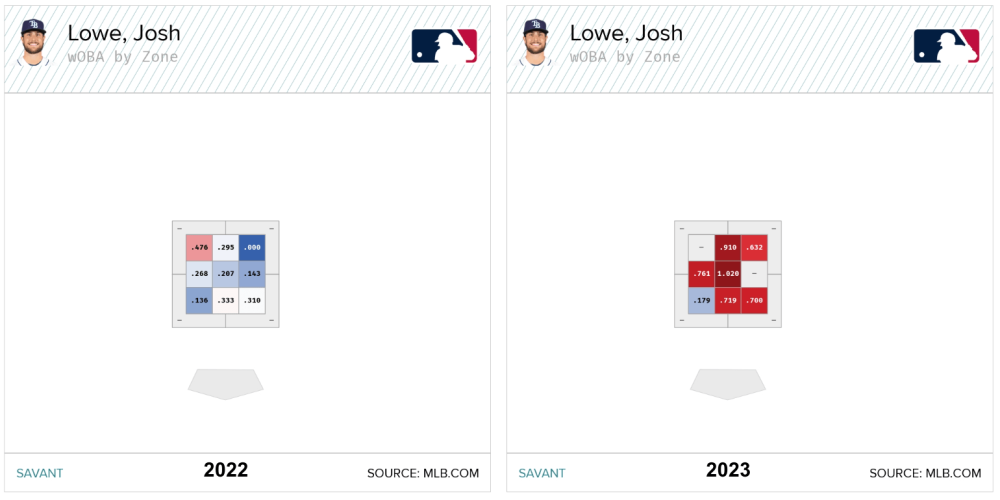
Unsurprisingly, Lowe has whiffed less often and has performed much better in the zone, as seen in the visual above. Lowe abandoned his passive approach to start attacking pitches in the zone, translating into positive results. Though some of Lowe's production looks like it's BABIP-fueled, he made positive plate discipline changes, and when you add in his power and speed, it's translated into fantasy production.
Alex Call Chasing Less
Journeyman minor leaguer Call has earned early opportunities with the Nationals. After three games in which
Last time, we discussed four pitchers showing early skills changes. This week, we'll cover a handful of hitters flashing early skill changes, particularly in their power or plate-discipline metrics. It can't be emphasized enough that it's still early, but we'll examine chase and contact rates as well as exit velocity data from the small samples available to us. Let's look at whether these early hitter skill changes appear sustainable or not.
Josh Lowe Showing Improved Contact
Let's start with one of the hotter hitters in the league in Lowe, whose power and speed give him plenty of fantasy potential. Lowe has made more contact in the zone (87.5 percent) and overall (80.6 percent) this year, over 10 percentage points higher than in 2022. Though he's chasing a bit more (34.6 percent), Lowe's aggressive approach aligns with his pull-heavy (45.7 percent) and flyball-heavy (48.6 percent) batted-ball profile much better than it did with his 29.3 percent pull rate and 39.1 percent flyball rate in 2022.

Unsurprisingly, Lowe has whiffed less often and has performed much better in the zone, as seen in the visual above. Lowe abandoned his passive approach to start attacking pitches in the zone, translating into positive results. Though some of Lowe's production looks like it's BABIP-fueled, he made positive plate discipline changes, and when you add in his power and speed, it's translated into fantasy production.
Alex Call Chasing Less
Journeyman minor leaguer Call has earned early opportunities with the Nationals. After three games in which he hit in the bottom half of the lineup, Call batted first or second in 10 straight contests, though he's moved back down to seventh recently. That's worth notice, since Call's early skills might be more fluky than legitimate, but he's earned our attention. He is chasing less often, cutting his chase rate from 27.9 percent last year to 18.5 percent in a small sample this season. As a result, Call has made more contact, posting a 93.0 percent contact rate in the zone and an 88.1 percent mark overall.
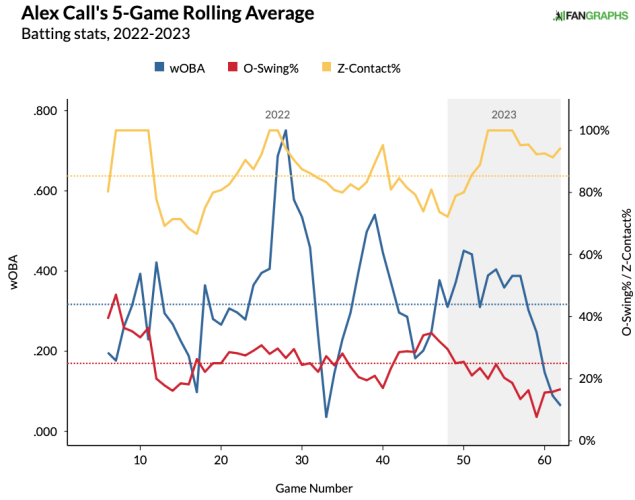
Though Call has attempted to use a pull-heavy (43.9 percent) and flyball-heavy approach (47.5 percent) in 2023, his exit velocity metrics aren't particularly impressive. Call's maximum exit velocity sits at 104.8 mph, four mph lower than last season. Monitor Call's patience in particular, since his swing rate sits more than 13 points lower than the league norm. Continuing to wait for his pitch could keep Call's on-base percentage high as he battles Lane Thomas for the leadoff spot, though he may benefit from more aggressiveness.
Jarred Kelenic Showing Patience & Destroying Outside Pitches
Jarred Kelenic hardly chased last year but struggled to make enough contact, with a zone contact rate of 75.3 percent and overall number below 70 percent. Thankfully, Kelenic made loud contact throughout his 558 plate appearances in 2021-22, with an 11 percent barrel rate, 114 mph maximum exit velocity and an average exit velocity of 92.9 mph on flyballs and line drives.
In his early sample this season, Kelenic has more patience, with his swing rate down over 3.5 percentage points. Kelenic's overall contact rate jumped to 78.6 percent, while his zone contact percentage jumped to 84.9 percent. His exit velocity on flyballs and line drives increased by over six mph through 38 batted ball events, up to 100.1 mph, the 10th-best mark in the league.
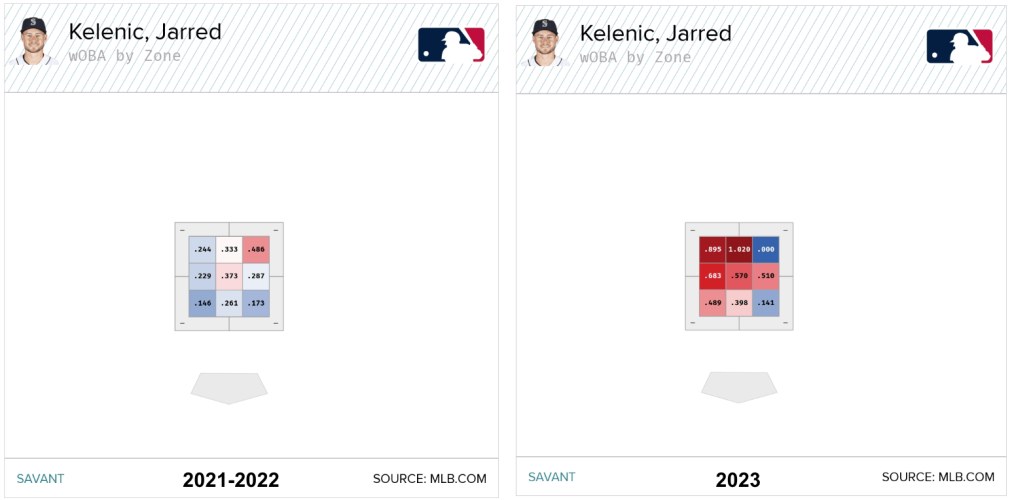
Where Kelenic destroys baseballs also appears noteworthy. Kelenic has crushed the ball on the outer third of the plate, which used to be a problem for him. In 2021 and 2022, Kelenic had a .331 SLG and .197 wOBA on the outer third of the plate. So far in 2023, Kelenic boasts a 1.000 SLG and .619 wOBA, possibly indicating more selectiveness on which pitches he attacks.
Kelenic has demolished fastballs this season, so there's a chance these numbers adjust, though he could adapt too. The breakout season looks like it's finally arriving.
Mauricio Dubon Chasing, Yet Making Tons of Contact
Since Jose Altuve landed on the injured list, Dubon has garnered playing time at second base. Part of the reason for Dubon earning time is his near-elite defense, with an Outs Above Average in or near the top 10 percent of the league over the past two seasons. Dubon boasted a strong hit tool, evidenced by above-average contact rates.
In Dubon's 740 career plate appearances heading into this season, he recorded a 77 wRC+, with a 39.7 percent chase rate and 87.3 percent zone contact rate. While Dubon hasn't played in a full-time role, his plate discipline skills remained steady. It's still early, but Dubon's chase rate this year has jumped over six percentage points (46.3 percent) from last season, with a four-point increase in zone contact rate (93.2 percent). He has shown a more aggressive approach, with a swing rate over five points higher than last season.
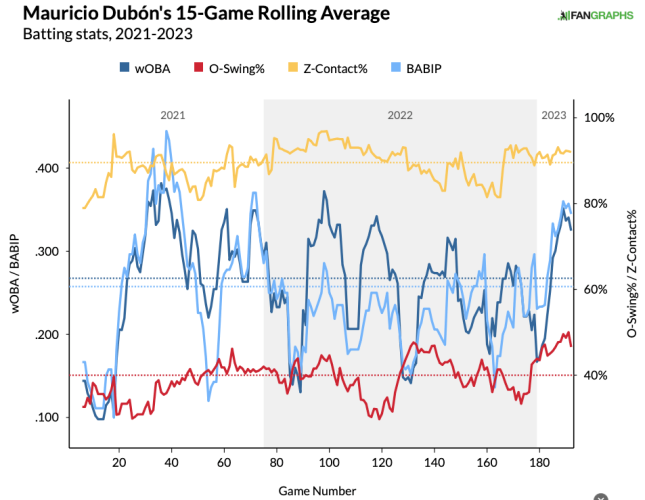
Given Dubon's ability to put the bat on the ball and his near-elite zone contact rates, his chase rate is less concerning than it could be. He's benefitted from a bit of good luck via his .333 BABIP, but his high swing and contact rates mean he should continue to put the ball in play.
Unfortunately, Dubon provides nearly zero power, so his fantasy value rests mainly on his contact skill and his triple positional eligibility (2B/SS/OF). He probably needs some stolen bases to become a truly interesting fantasy option. Regardless, Dubon's contact skills, defense and batting average floor should give the Astros confidence in him until Altuve returns, making Dubon a solid deep-league option.
Jorge Mateo Showing Patience
After earning $20 last season thanks primarily to his 13 home runs and 35 stolen bases, Jorge Mateo is flashing patience at the plate this year. Mateo chased 39.4 percent of the time last year, with an 83.6 percent zone contact rate. It's early, but Mateo has shown patience this season by cutting his chase rate to 26.8 percent. He's cut his overall swing rate by nearly nine points to 44.2 percent. That's led to more balls in play, a career-low strikeout rate and more walks.
While Mateo's .378 BABIP is due to regress, his underlying patience indicates positive improvements early in 2023. That could hint at better pitch selection or better pitch recognition, helping him avoid chasing outside the zone. Or it might be a random occurrence that will shift closer toward Mateo's career norms. When a hitter's swing rate drops, it usually hints at more patience or selectivity at the plate. Mateo has crushed both breaking pitches and fastballs, which suggests he has indeed improved his ability to recognize pitches.
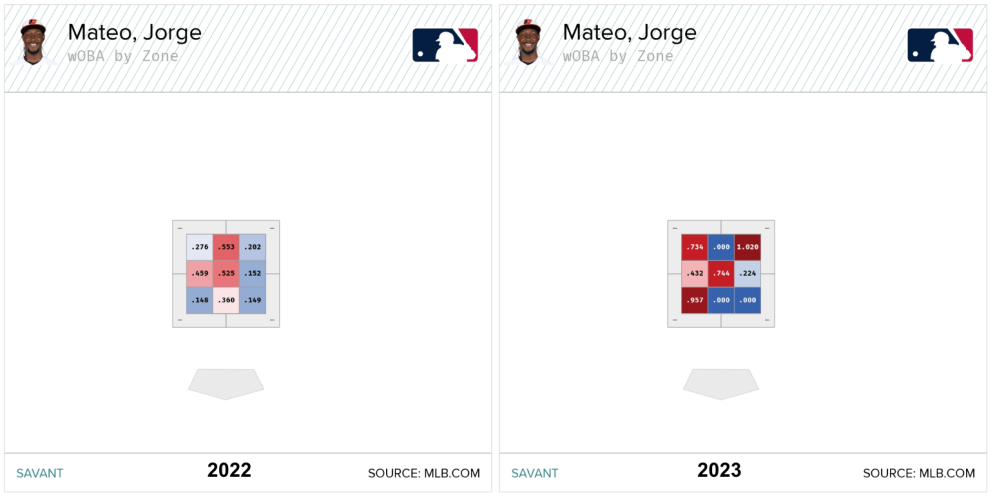
The visual above shows the difference in results for fastballs and breaking pitches in the zone the past two seasons. Mateo had drastic differences in SLG (.510 versus .867) and wOBA (.336 versus .533) against those pitches when thrown in the zone. He especially fared well against pitches higher in the zone and low and inside, with further damage on those down the middle, which could indicate better plate discipline and pitch recognition. We'll see if the potential plate discipline changes and results stick around, as it's positive to see Mateo make adjustments in an area of concern.








